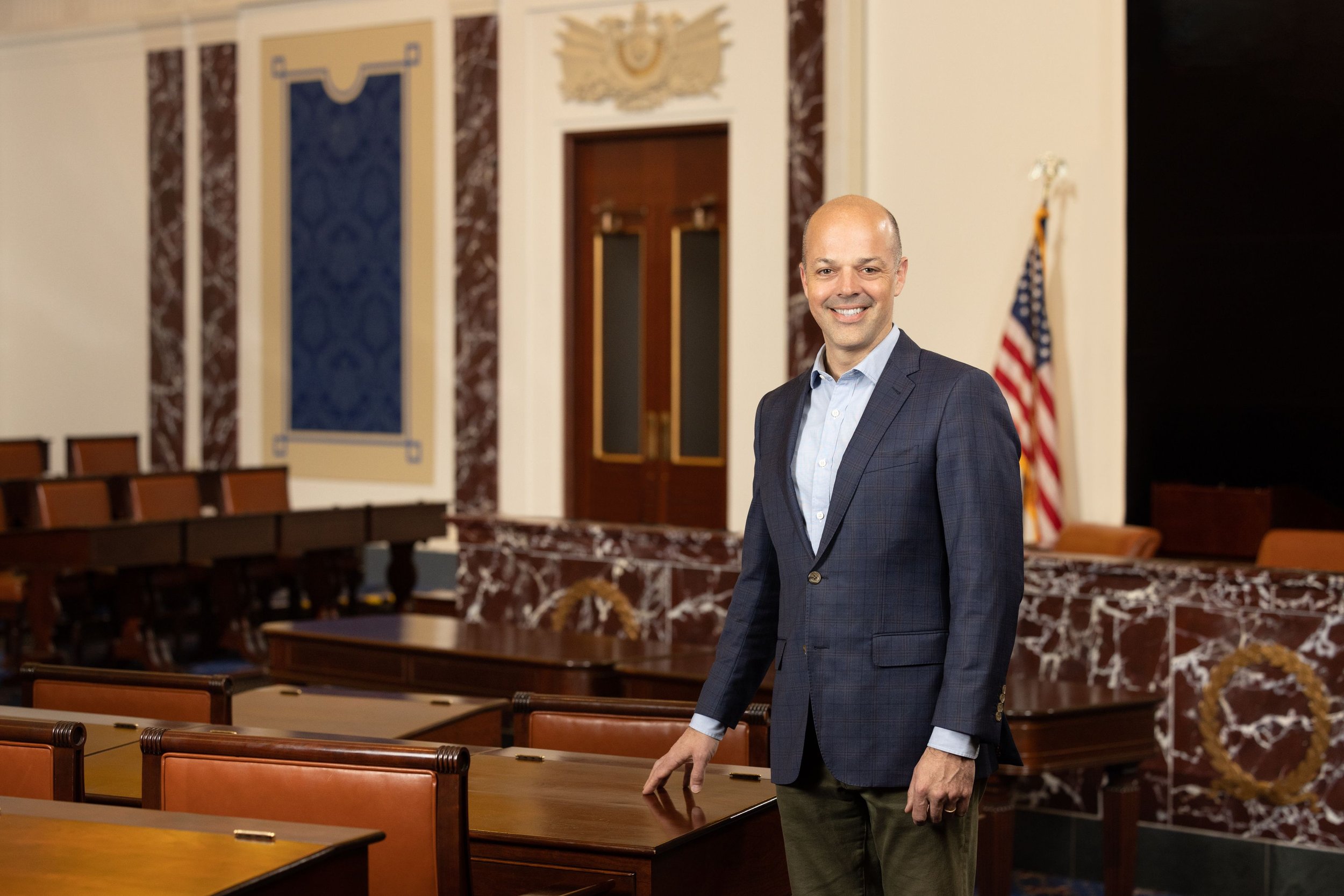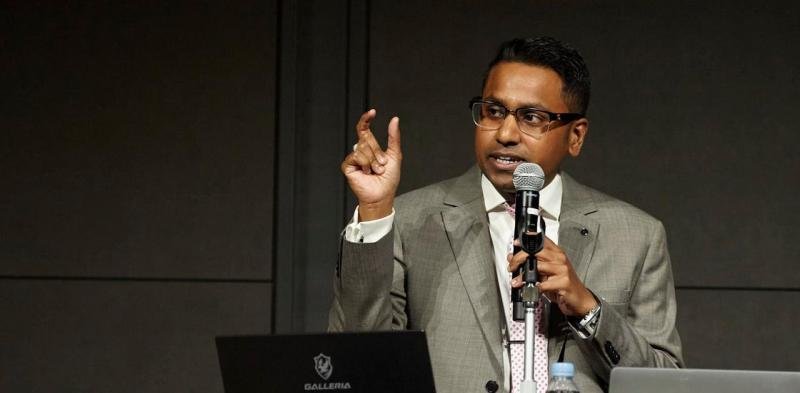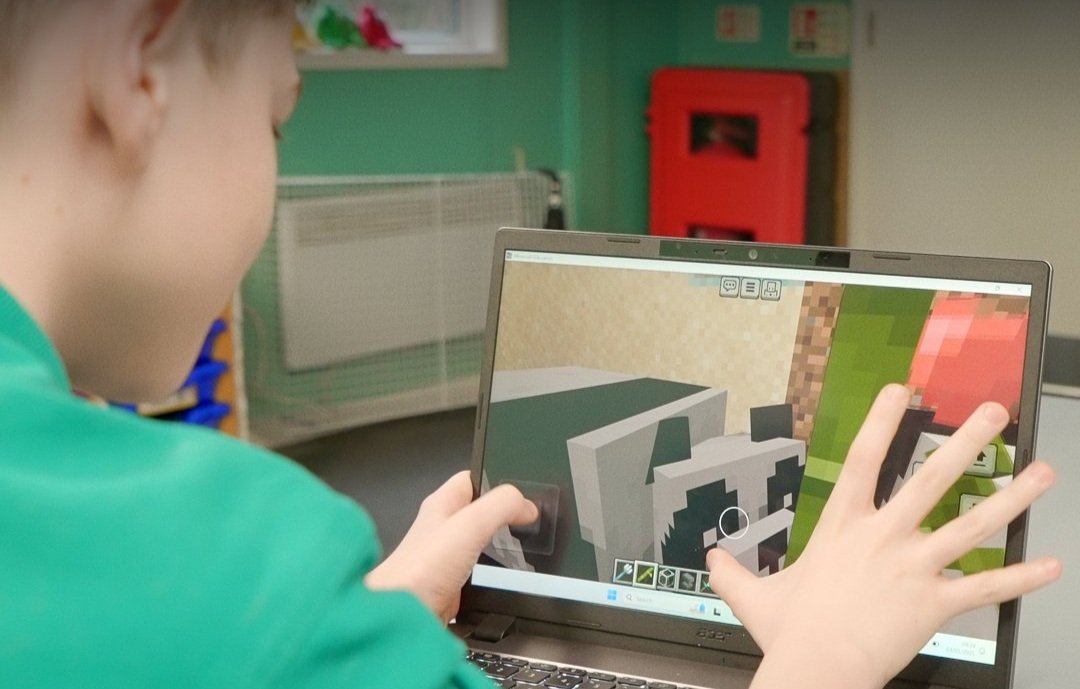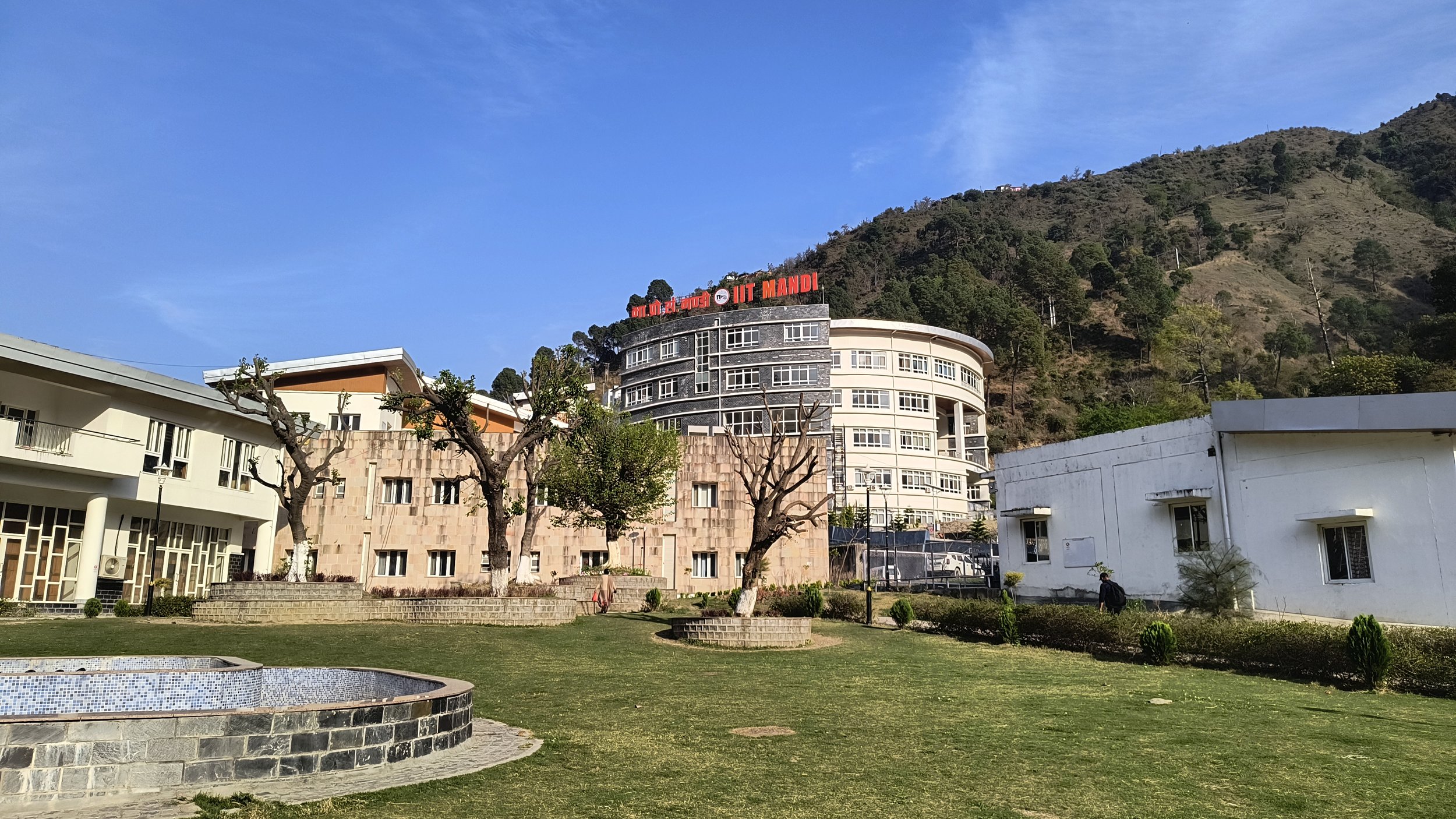University of Michigan partner with Brazilian communities for sustainable solutions
University of Michigan (U-M) engineering students are working alongside rural communities in Brazil's Pantanal region to develop sustainable solutions to improve local infrastructure and tackle environmental challenges.
The initiative is part of the U-M Pantanal Partnership programme, which focuses on engaging students in real-world problem-solving through projects that enhance community resilience while protecting natural habitats.
In collaboration with residents, the U-M students are working to electrify schools and design innovative incinerators that provide safer alternatives to traditional waste management methods. The programme has been facilitating these projects in Brazil for over a decade, helping to create a positive and lasting impact on both the environment and the community.
Through their efforts, the students are helping to address waste management issues in the Pantanal wetlands, where open-air burning of trash has posed significant health and environmental risks. The new incinerators designed by the students offer a cleaner and more sustainable solution, reducing harmful emissions and promoting safer waste disposal practices.
Building sustainable infrastructure
One of the core projects U-M students undertake is the electrification of rural schools, providing much-needed access to power for educational facilities that previously relied on limited or unreliable energy sources. These installations are part of a broader goal to increase local autonomy and economic stability through sustainable technology. By supporting these communities in harnessing renewable energy, the project is helping to lay the groundwork for future development, including the potential for ecotourism.
The Pantanal Partnership, led by U-M researcher Ethan Shirley, has brought together students and local residents since 2010. The programme takes a multidisciplinary approach, incorporating elements of engineering, education, and health into its projects. Shirley, who has long been involved in conservation efforts in the region, believes that the collaboration between U-M students and the communities is a crucial factor in the project's success.
"Ecotourism there is designed to help preserve nature in this area," said Shirley. "It is also a way of providing local people with resources, an alternative to different types of economic development that might actually harm nature."
Real-World Impact for Students and Communities
For the students involved, the experience goes beyond academic learning. By working directly with the communities, they can apply their technical skills in a practical setting, gaining valuable insight into the complexities of sustainable development. The hands-on approach also allows them to engage in cross-cultural collaboration, learning from the local residents while sharing their expertise.
The incinerator project has been a key focus of the students' work. By developing a safer, more efficient method for managing waste, the students have helped reduce the harmful effects of traditional open-burning methods, which have long posed environmental and health risks to the community.
The students' involvement in these projects has also had a lasting effect on their own career paths. Many of those who participate in the Pantanal Partnership go on to pursue careers in sustainability and engineering, equipped with the experience and skills they gained through the programme.
A Decade of Collaboration
For Shirley, the programme represents more than just a series of projects – it is a testament to the power of collaboration and the importance of community-driven solutions. Over the past decade, the partnership has evolved into a platform for knowledge exchange, where both students and local residents work together to address the challenges facing the Pantanal region.
“As an org, we hope to help enhance people’s lives with sustainable technology solutions and also gain lots of experience in engineering,” said club president Kera Baad, a senior studying environmental engineering. “Every school year, we develop and design green tech solutions, build and test them in Ann Arbor, so at the end of the semester, we can implement and test those designs in Brazil.”
"These are real projects with real consequences that have fundamentally altered the lives of both U-M students and our Brazilian friends," said Shirley. "For more than a decade, our students have had a marked impact on these communities' abilities to fight for and protect their environment and their future."
The programme's long-term goal is to continue building on these successes by expanding its projects to include new sustainable technologies and further supporting the communities in their conservation efforts. The focus remains on ensuring the local residents have the tools and knowledge to protect their environment while fostering economic growth.
Shaping future leaders in sustainability
As the Pantanal Partnership moves forward, the hope is that the students who participate in the programme will continue to make meaningful contributions to sustainable development. Through their experiences in Brazil, they gain technical skills and a deep understanding of the social and environmental challenges that communities worldwide face.
Amanda Liss, a master’s student in electrical and computer engineering, traveled with the previous Pantanal Partnership team last year to install solar panels at the community-based lodge next to the school.
“This work is very special because we can see the real impact and learn much about being an engineer and problem-solving in the field,” Liss said.






















